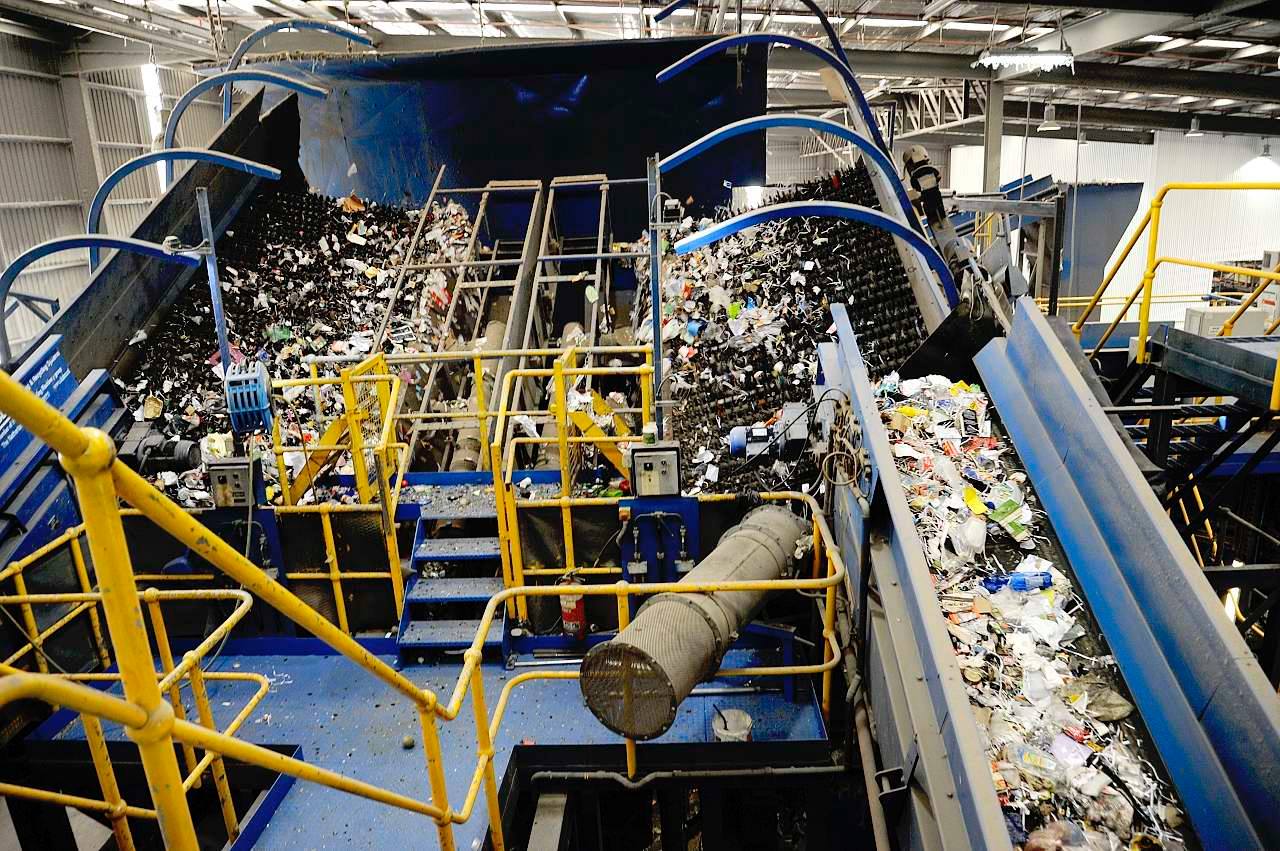Energy Conservation recently became an approved supplier of energy efficiency services to members of Procurement Australia, one of Australia’s largest buying groups with over 700 member businesses across the public, private and not-for-profit sectors. Their well-governed tender processes connect their members to industry best practice services, delivering the best results and saving them time & money in procurement.
Energy Conservation completes ISO 50001
During a recent trip to Singapore, Energy Conservation engineers Jens Mozer and Maximilian Brownstein attended and passed the Lead Auditor training course for ISO 50001 (Energy Management Systems). Based on the management system model of continuous improvement also used for other well-known standards such as ISO 9001 or ISO 14001, this standard makes it easier for organisations to integrate energy management into their overall efforts to improve quality and environmental management. Congratulations to Max and Jens, who alongside their exisiting accreditations are now qualified to conduct audits according to this respected international standard.
Would you like to achieve energy efficiency and identify energy efficiency opportunities, whatever the nature of your business? Is your organisation seeking professionally trained auditors to help you maintain your ISO 50001 certification? Contact us today!
Energy Conservation visits Visy
Following our recent waste audit, we asked, “what happens to this recycling once it leaves the building?” It was important for us to learn the answer to better educate our building’s tenants about what should and shouldn’t be included in their recycling bins. We found out that the recycling is first taken a waste transfer station in St Peters before being transported to the Visy Materials Recovery Facility (MRF) at Smithfield. So, to learn more we took a private tour of this facility to see the sorting for ourselves!
We saw first-hand what happens to items that are placed into our building’s recycling bins: which are recycled on-site (and how), and which are viewed as contamination to be removed from the recycling stream and sent to landfill. Whatever is left over is either sent for further processing and recovery at other facilities or collected to be used as fuel for energy recovery. This video from Visy is a great summary of what we saw in action.
Whether any individual item can be recycled from our building depends entirely on the processes and specialised sorting machinery present at Visy Smithfield- because that's where it all ends up! One valuable learning for our building was that their disposable coffee cups are not recyclable at this facility. The same relationship between recyclability and service availability exists throughout Australia, so learn which services are available in your area to make sure you recycle right.
Art Gallery Head Over Heels with Energy Conservation
Cooling just got cheaper at the Art Gallery of NSW, with the upgrade of old fluid chillers saving more than $140,000 per year at contemporary pricing.
Energy Conservation provided accurate modelling and third-party verification of energy savings under the International Performance Measurement and Verification Protocol, allowing funding to be granted under the NSW Energy Savings Scheme which significantly offset project costs. Read more about it here.
Halloween Waste Busters
Energy Conservation sometimes conducts recycling audits for our commercial clients such as this recent one in Sydney’s CBD. Kitted out in our PPE (affectionately known as “ghostbuster chic”) we assess recycling streams for contamination by weight and can double-check with a follow-up audit. Finally we can conduct an "opportunity" audit to check the general waste stream for potentially recyclable material.








These audits help facility managers to validate their performance using the accepted NABERS waste guidelines and identify which targeted measures will be most effective to meet their ongoing performance targets.






